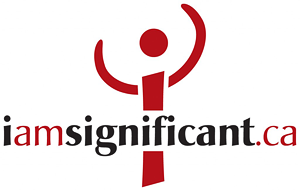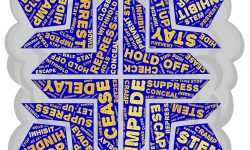I’m a little Tea Pot... when I get all steamed -up hear me shout! A familiar nursery rhyme but what an interesting allegory when we are talking about heart-wounds, stress and emotional pain. Picture yourself as a tea-pot (or kettle). Add some water, some heat, and when water boils, steam (energy) is released through the spout - some kettles even whistle as the steam pumps out of the spout.
Imagine what happens if we corked that boiling kettle? Energy would build up until something let loose. Sometimes we unwittingly cork in our emotional kettle. Many of us have never been taught how to deal with our emotional pain. Many have been taught to ignore it, deny it and suppress it. We are told not to cry, and to be strong. We suppress our feelings because we are told painful feelings aren’t allowed. Unfortunately, we find ourselves in a double-bind because we aren’t allowed to feel or express the pain but also need to find some way to manage that energy, so we look for strategies to do so. Many of these strategies simply divert our attention or expend the energy for the short-term. These tactics are called Short Term Emotional Release Behaviors (S.T.E.R.B’s). These behaviors can include:
- eating
- sex
- alcohol
- anger
- exercise
- religion
- isolation
- drugs
- workaholism
In and of themselves these behaviors are not necessarily unhealthy, except when we use these to fortify the corks in our boiling kettle, thus burying (avoid) our pain under a 5k run, a bag of Oreo’s, a hook-up, or new shoes.
When we use these activities as S.T.E.R.B.’s, and we aren’t dealing with the emotional pain, we are in fact stuffing this emotional energy. Seems harmless enough and gives you the sense that you are keeping it together, but there are at least three major problems:
1) They work, or more specifically they appear to work. They provide some comfort and the illusion of recovery by helping you temporarily forget or bury the emotion.
2) They are short-term and don’t last long. Because they don’t deal with the emotional issue, you can bet the pain will be waiting for you.
3) They do nothing to remove the cork in our kettle. The energy is still building, and often people don’t even realize there is a cork. However, this energy can begin to creep into other areas of our life.
It is important to deal with the emotional pain because the pressure of this energy will accumulate over time. Have you ever had the experience where you had an emotional outburst that seemed to be an over-reaction to the circumstances? Maybe we had lost our cool and ranted at our spouse, and realized it was fueled by something deeper than leaving the milk out?
The S.T.E.R.B.’s may serve us for a while, but you will find that as the grief, and emotional pain accumulates there may come a time where we can’t S.T.E.R.B. enough. Where the pain is too great, and it is seeping into and tainting other parts of our lives. Imagine carrying a lifetime of accumulated grief, and then - one more incident - the straw that breaks the proverbial Camels back. It is here that many experiences a crash - a burnout or our body says enough. It is here that we are forced to have to deal with our pain in a genuine way. We need to work to complete some emotional relationships with our loss.
Wouldn’t it be great if before we reached this burnout place that we learn the skills to effectively and constructively address the emotional pain of loss towards the heart healing we so desperately need?
I found this analogy in The Grief Recovery Handbook by James and Friedman. Imagine your lawn has a bunch of weeds. You could deal with the weeds by just keep mowing them, as the weeds continue to spread; you keep cutting them while your lawn is consumed by weeds. Or you can deal with the problem at its root (excuse the pun). You can spray or dig the weeds out. Leaving you with a healthier, better-looking lawn.
We can learn to deal with the emotional heart-related issues (weeds) by doing the work to complete the relationships with our loss. The net result is a healthier life and a greater sense of wholeness and contentment.










